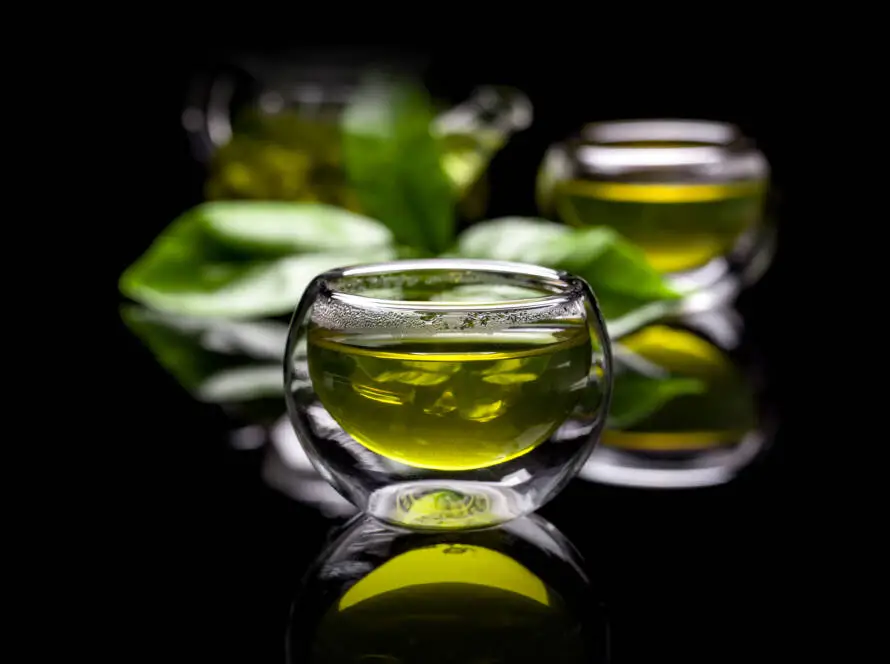Introduction
St. John’s Wort (Hypericum perforatum) is an herb renowned for its vibrant yellow flowers and extensive history in traditional medicine. This versatile plant has been utilized for its flavor, aromatic properties, and potential therapeutic benefits for centuries. The earliest documented medicinal uses of St. John’s Wort date back to ancient Greece, where it was valued for its healing properties. The plant’s name is associated with John the Baptist, as it typically blooms around his feast in late June, a significant time in various cultural traditions.
Common Names
St. John’s Wort is known by several names that reflect its wide usage and cultural significance:
- St. John’s Wort
- Hypericum
- Klamath Weed
- Goat Weed
These common names vary by region and highlight the plant’s diverse applications through history.
Latin Name
The scientific name for St. John’s Wort is Hypericum perforatum, with “perforatum” referring to the translucent dots visible in its leaves when held up to light.
Uses
St. John’s Wort has a rich history of use for various conditions, underscoring its multifaceted nature. Some of its most notable uses include:
- Treatment of Mental Disorders: The herb is widely recognized for its potential in managing symptoms of mild to moderate depression, anxiety, and other mood disorders. Many studies suggest that it may be as effective as some conventional antidepressants, albeit with fewer side effects.
- Nerve Pain Relief: Historically, St. John’s Wort has been used to alleviate nerve pain, with some evidence supporting its efficacy in conditions like sciatica and neuropathy.
- Sedative Properties: The herb has sedative effects and has been traditionally used to treat insomnia and anxiety-related disorders.
- Treatment for Malaria: In certain cultures, St. John’s Wort has been utilized in the treatment of malaria, showcasing its role in herbal medicine for infectious diseases.
- Topical Applications: The plant’s flowering tops have been used as a balm for wounds, burns, and insect bites, thanks to its anti-inflammatory and antibacterial properties.
Today, St. John’s Wort is primarily employed for mental health issues, particularly depression and anxiety, with many people opting for it as a natural alternative to pharmaceuticals.
Preparation
The most common methods for preparing St. John’s Wort include:
- Teas: Brewing the dried flowers and leaves in hot water extracts the beneficial compounds. Drinking this tea can be a soothing way to experience the herb’s properties.
- Tablets and Extracts: Concentrated extracts and tablets are widely available over-the-counter and provide a more potent dosage of the herb’s active ingredients.
St. John’s Wort can interact with various medications, so it’s essential to consult a healthcare professional before starting any new treatment regimen, especially if you’re already on pharmaceuticals.
Conclusion
St. John’s Wort remains a vital part of herbal medicine, with historical roots and modern applications that continue to thrive. From its aesthetically pleasing yellow flowers to its profound medicinal benefits, this herb is a testament to nature’s power in promoting health and well-being. Whether used as a tea or in supplement form, St. John’s Wort offers a natural alternative for those seeking relief from various ailments. As you explore its uses, please remember to consider potential interactions with other medications and consult with a healthcare provider to ensure safety and efficacy.
Resources
- Drugs.com
- Wikipedia.com
This summary highlights the key aspects including its traditional uses, potential benefits, and safety considerations.
Disclaimer
The information I’ve shared about herbs is for educational purposes only and is not meant as medical advice. While many herbs have been traditionally used for their potential health benefits, individual responses may vary, and the effectiveness of herbs can depend on various factors, including personal health conditions and interactions with medications. It is essential to consult with a qualified healthcare professional or a licensed herbalist before using herbs for medicinal purposes or making significant changes to your health regimen. This information should not be considered a substitute for professional medical advice, diagnosis, or treatment.


